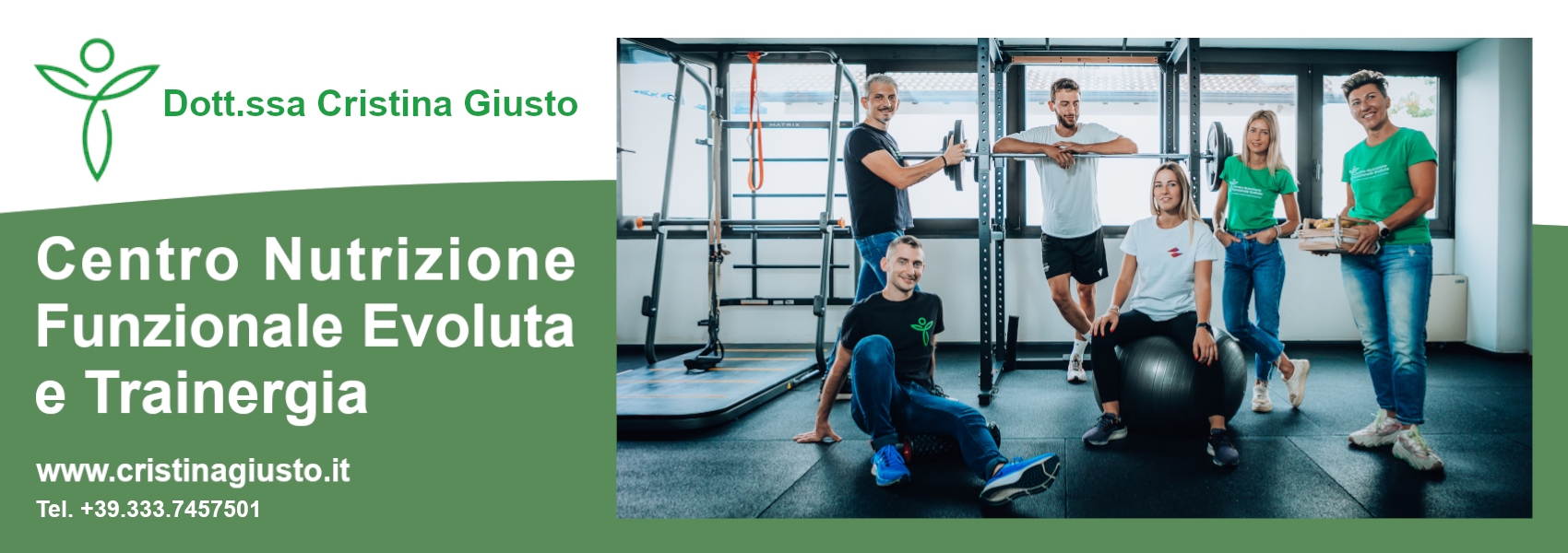"Food is one of the means by which man and the environment come into contact with each other; if the product is consumed in a responsible and sustainable manner it is able to preserve both" World Eating Disorders Action Day, 2020. Eating can also be an ecological act. A healthy and sustainable diet depends on the choices.
We make every day and what we decide to put on our plates can affect water and soil
on water and soil pollution, deforestation and the use of water reserves.
Changing our habits to safeguard our Earth's resources allows us to do good for ourselves as well as for the environment. Good for ourselves as well as the planet we live on.
But what are the food rules to follow to implement a sustainable diet?
Here are some eco-friendly, i.e. low environmental impact, food choices.
1) Prefer 0 km products: it is important to reduce the consumption of food imported from abroad, in order to reduce the pollution caused by their transport. Moreover, buying 0 km products also guarantees the consumption of fresh produce.
2) Choose produce while respecting its seasonality: eating fruit and vegetables in season ensures their quality, the preservation of ecosystems and allows us to consume food that is free of treatments and preservatives.
3) Prefer organic products: organic farming allows us to produce quality food without using without using chemical inputs, with a low environmental impact and taking care of animal welfare.
4) Reduce the consumption of meat (especially beef) and dairy products: this allows us to decrease our our contribution to the production of greenhouse gases.
The main source of pollution in the world are intensive animal farms that emit 502 million tonnes of CO2 per year and also consume a massive amount of water. Of water resources. The foods with the greatest environmental impact are meat, mainly beef and dairy products, mainly butter and cheese.
Let us remember that eating less red meat helps health and decreases the likelihood of
occurrence of chronic and degenerative diseases.
This represents a minimal change if referred to the individual, but with an enormous if reported in a global scenario where everyone makes healthy and sustainable choices.
5) Give preference to the consumption of products of vegetable origin: legumes, fruit, vegetables, bread, pasta, rice, etc. Prefer unrefined cereals, as the processes of refining carbohydrates (in particularly the production of sugar, but also of pasta, bread, crackers, biscuits, etc.) requires a high expenditure of energy and the high expenditure of energy and the use of polluting techniques.
6) Reduce food waste. Buy only what you really need by writing a shopping list and planning meals.
shopping list and planning meals. Don't throw away leftover food but use it to invent new dishes or freeze it.
dishes or freeze them. Organise your fridge and larder in expiry date order, i.e. what expires first should be eaten first.
Expiry date should be consumed first. At the supermarket, buy products closest to their expiry date if you know you will consume them in the short term. Remember that the wording on the label 'best by preferably by' is not an expiry date, the product is still safe for health, but some some organoleptic characteristics may alter after that date. Do not buy too much food, especially fresh food, if you are not sure you will consume it all.
7) Drink tap water, possibly filtered through special jugs, or sold in glass containers. Carry water using thermos flasks or other containers, avoid buying water in plastic bottles.
8) Avoid buying ready-made processed foods, such as frozen food, sauces, bars, tubs of vegetables or fruit, which have a big environmental impact and do not help your figure. Prefer dishes prefer simple, fresh and home-made dishes.
9) Reduce the use of gas cookers and optimise the use of the electric oven. Prefer the pressure drastically reduce cooking time, without losing the taste of the food, and to realise different cooking modes. taste, and to realise 'light' cooking methods.
10) Do not buy products with too much packaging: the more packaged products you buy, the more waste you produce. Reduce your consumption of plastic (bottles, food film, packaged vegetables and fruit, etc.). Store leftovers in washable and reusable glass or plastic containers. Reduce the use of disposable goods such as cutlery, glasses and plastic straws.
11) Direct your purchases towards companies that stand out for their ecological commitment: always read the labels, where you can find information on how and where a food was produced, how best to store it and consume it safely. Give preference to companies that use recyclable or plastic-free sales packaging.ù
12) Always separate waste: when you finish a product, pay attention to the type of packaging and follow the rules for proper waste separation.
It is clear that the most eco-friendly diet is one based on plant-based foods, with a preference for unrefined ones. However, even omnivorous diets can be improved in order to reduce environmental impact, for example by replacing beef with poultry (chicken, turkey, etc.) and preferring vegetable fats, such as olive oil, to animal fats.
These actions are small gestures that can contribute to saving the planet.
Even a small change, if made by everyone, can make a difference, such as a
one all-vegetable day a week or a soup made from vegetable waste.
(Article by Dr Della Bianca Maddalena)





